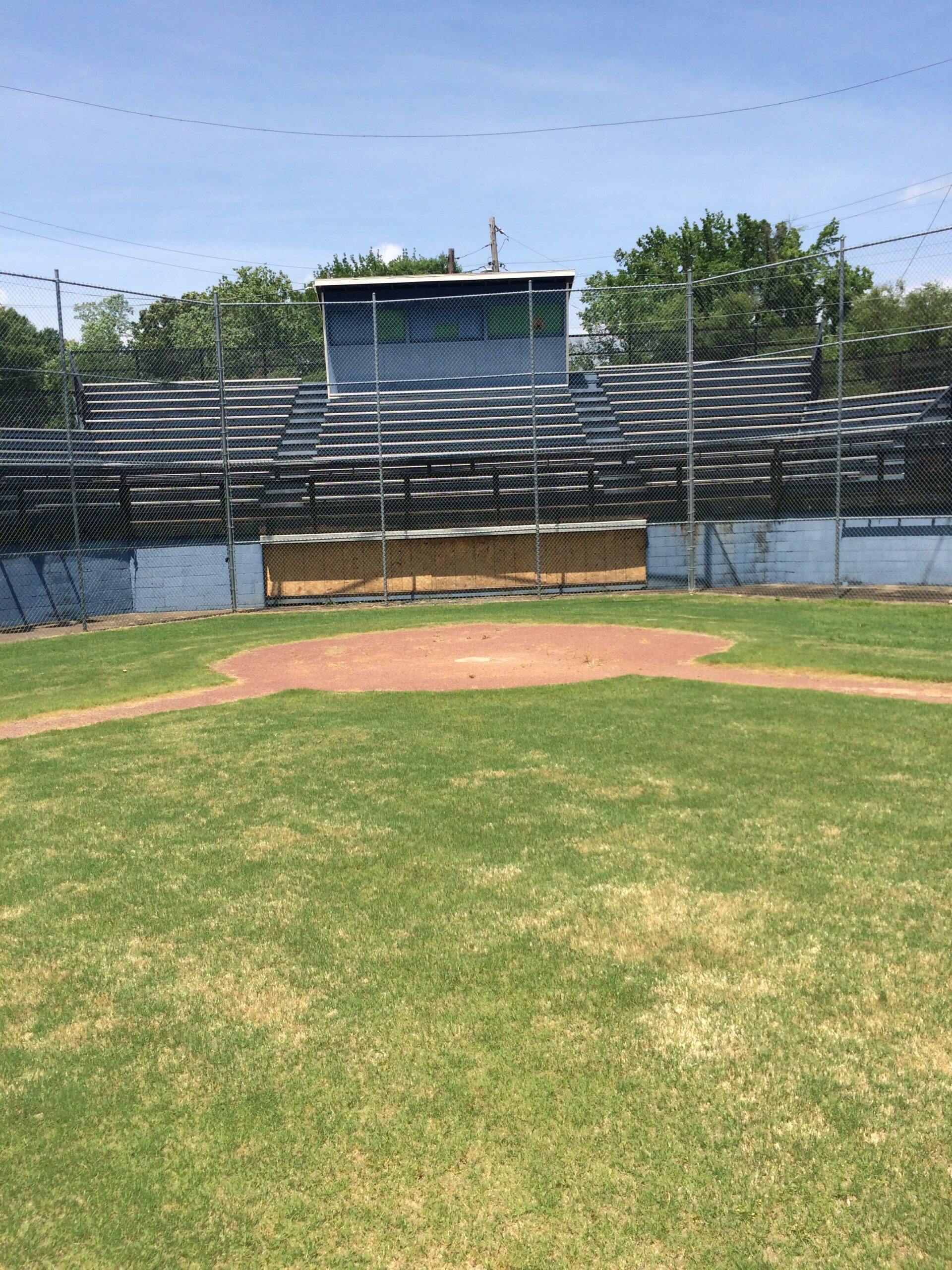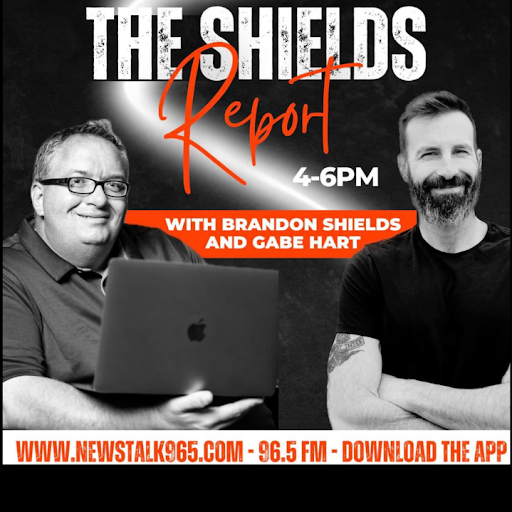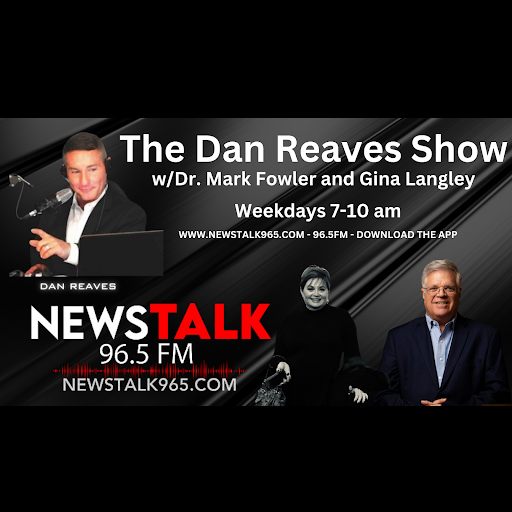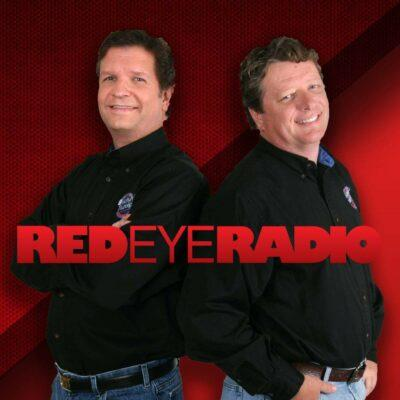There’s an art to being subtle – an understated and creative way to make a point. Some of the best stories I’ve read wrap their truth in characters and symbolism that emanate blistering commentaries on society at large throughout the plot of the text. The best writers can pierce your heart with well-chosen words arranged in a specific sentence structure or a minimal modifier that carries the emotional weight of a hammer. It’s why Jason Isbell will always be a better songwriter than Oliver Anthony, and why Bob Seager will never be Bruce Springsteen.
Until recently, I’ve always thought about the passing of time – and the loss of memories accompanying it – as something subtle, a slow-moving river snaking its way ever forward. Experiences and people slowly recede in size until we can’t see (or remember) them, but also not being able to personally pinpoint the moment they ceased to exist in our minds. In fact, the disappearances were so subtle that it’s as if those memories never were made in the first place. Time is a silent eraser – an agent of amnesia.
I’ve lived in Jackson all my life, and the gradual change of neighborhoods, streets, and businesses has clearly happened, but sometimes, I struggle to remember what things were like before the transformation. It’s like looking in the mirror every day and not seeing yourself age until an old photograph points out how much more gray hair you have or the increase of crow’s feet splintering from the corners of your eyes. Mostly, the interpretation of change is gradual…until it isn’t. And that’s how most of my childhood memories have been – ghosts floating around the periphery of my thoughts until they finally dissipate completely without me realizing it. Subtle.
Sometimes, however, those places that meant so much to us as kids don’t go gently into that good night; sometimes, they go up in literal flames.
When I was ten years old, I tried out for Little League baseball. It was 1990, and I had recently developed a healthy hero worship of San Francisco Giants’ first baseman Will Clark. Like him, I hit left-handed. Like him, I played first base. If I could’ve retrained myself to throw left-handed, I probably would have. I was obsessed with baseball. I watched it, I played it. I lived it. Baseball was life, and I had the shirt to prove it.
Thirty-five years ago, not everyone made a Little League team. There were try-outs and a draft, and there were cuts. Looking back, it’s hard to believe that there were kids who didn’t make teams, but – as heartbreaking as it sounds – there were 10-year-olds who wanted to play Little League baseball but never got the chance.
I was drafted by Kelly Foods – the juggernaut of the league then and coached by the legendary Don Jordan. We practiced behind Tigrett Junior High and played our games at Lions Field on Arlington Avenue. I was teammates with a Little League prodigy, Keenan Reeves. He hit 20 home runs in 20 games and the Jackson Sun did a full feature on him in the sports section, dubbing him “Little Bo Jackson.” We went undefeated in my first season and won the city championship.
I rarely played that year. I got to bat ten times during the season and got one hit. A batting average of .100 wasn’t something Will Clark would’ve been proud of.
The following season, I got a little more playing time – 15 at-bats with 6 hits. A much more respectable batting average that year, but I was sitting behind power-hitting first baseman Delmar Taylor, so my playing time was greatly limited. We lost that year in the National League Championship, and there were tears from the 12-year-olds who knew they would never be able to play in Lions Field again.
Not me, though. I had one more year. And, even though I knew expectations would be low, I was excited to finally get a chance to play regularly.
For my 12th birthday, I asked for an authentic first-baseman’s mitt. It was black – a hybrid of a catcher’s mitt and infielder’s glove, a handheld baseball vacuum. I didn’t even have to break it in.
Before the season, my dad and I drove over to Lions Field, and he hit me ground ball after ground ball – rapid fire bb’s to the left, to the right. We took batting practice. I drew a line in the batter’s box with my bat handle to make sure my feet were aligned. I named my bat “black magic” and proceeded to spray line drives all over the field. My 12-year-old season at Lions Field was as close as I’d ever get to the majors, and I think I somehow knew that even back then.
The 1992 iteration of Kelly Foods had only three 12-year-olds – myself, Ryan (R.P) Benson, and Marcus Rhodes. But we had some talented 11-year-olds and the best coach in the league. That’s how I remember it, at least.
Playing at Lions Field that year was something out of a storybook. That very well may be the nostalgia spraying its toxic mist, but that’s my truth 30 years later.
Before the little league season opened, my parents took my friend and me to Atlanta to watch the Giants play the Braves. We stayed in the Marriott where the Giants were staying, and I was stalking Will Clark after one of the games. I spotted him at a table with two ladies, so I nonchalantly grabbed my own table a few feet from him, wearing a Giants ballcap, Giants shorts, and a Will Clark t-shirt. Subtle I was not.
A few minutes later, a waitress sent over a drink coaster with the following words scribbled diagonally across the cardboard – “Nice Shirt. Will Clark #22.” I can still feel the excitement of that moment all these years later.
A few minutes after the coaster arrived, Clark himself came over to the table and talked to my parents and me. He put his hands on my shoulders and asked me what position I played. I couldn’t stop smiling. My dad couldn’t stop smiling. My mom, as she does in highly emotional situations, couldn’t stop crying.
Those five minutes with my baseball idol aren’t isolated to that Marriott bar in Atlanta; they bleed right into that specific season at Lions Field because that’s what time does – it connects separate events and fuses them as we age.
The following week, we played our first game of the 1992 season. We beat Murray Guard, and I went one for two with a walk. We were off the races.
Playing at Lions Field was like playing at Candlestick Park for me. When I heard Mr. Brown announce my name from the press box with “First baseman” preceding it, I stuck my thin chest out as far as it would go. I’d draw my straight line in the batter’s box and do my best to swing like The Thrill.
League Leader stat sheets would come out every five games – a quarterly review of the 20-game season. I still remember my stats from my 12-year-old season as inconsequential as they are: .429 average. 19 RBI’s. Ninth in the league in average, fourth in RBI’s. I highlighted my name and thumbtacked it above my desk at home next to clippings of Giants’ box scores.
We somehow made it to the City Championship that year. The parking lot was packed – cars bled over into the Malco Lanes parking lot and the old Putt-Putt course with the dinosaur. WBBJ sent a crew to cover the game. I hit two doubles that night off my friend, Justin Perry. My teammate, RP, tied the game in the last inning with a solo home run. I was on second base later in the inning when Adam Aylor hit a bullet to left-center. I never even picked up my third base coach as I started to round the base.
Some people say I had a piano strapped to my back that night, but it wasn’t so heavy that I couldn’t jump on top of home plate with two feet as I scored the winning run in the championship. I might as well have been flying.
After the game, my name – along with R.P. and Marcus – was announced with the rest of the Jackson National League All-Stars.
Our all-star team had a good run and even played a few more games at Lions Field before we finally lost to a team out of Middle Tennessee. And in July of 1992, my time at Lions Field was done as a player.
Four years later, I worked a part-time job there chalking lines, mowing grass, and even doing public address announcing and stat keeping. It wasn’t the same, though. The magic of it was gone. 16-year-old boys care more about cars and girls than first baseman mitts and batting averages.
In 2013, I moved back to Midtown onto Division Avenue. Whenever I would take the by-pass exit and turn left on Hollywood, I’d always follow it until I got to Arlington. The area around Lions Field was bare compared to the early 90’s. The batting cages and putt-putt course were gone. Sun-N-Swim had been filled in long before that – an oasis buried underground. The shaky water side only appearing as an apparition in my mind, hazy at best, imaginary at worst. Was it even there at all?
Lions Field still stood, though. It was a shell of itself – weeds indiscriminately poking through the dirt infield, the metal on the outside rusting. Most times, when I would pass it, it would be after dark, but the silhouette of the back of the stands would be outlined against the night sky – the stadium forever facing the other direction in shame. Whenever I drove by, I logically knew it was the same property that seemed so magical to me 30 years ago, but spiritually, it had died long before that. The change was subtle; the skeleton remained, but the soul was gone.
There have been attempts over the past decade to revive Lions Field, but nothing ever stuck – just some starts and stops like an old car with a bad engine.
I hadn’t seen the stadium lights lit in a few years, and last night, as I was mindlessly scrolling social media, someone posted that “the old baseball field next to the bowling alley was on fire.” They didn’t even call it by its name. There was a sign posted today at the field with the word “arson” on it. Subtlety be damned.
Change is good; progress is vital. Physical spaces, though, do hold the energy of memories and experiences. Those spaces are also temporal. I won’t remember Lions Field in an orange blaze of fire or with rusty gates and overgrown weeds. I’ll remember the green grass and the bright sun of that day before the season started with my new glove on my right hand and my black bat dotted with white imprints of the ball. I’ll remember my swing interposed on Will Clark’s swing – a copycat.
As Jackson progresses, is there a way to evolve and grow without altogether leaving certain places to rot or burn? I don’t know the answer to that, but I do know that I much prefer the subtlety of disappearing to the overwrought obviousness of arson.
Thankfully, my memories of Lions Field are frozen in 1992 when anything seemed possible.









